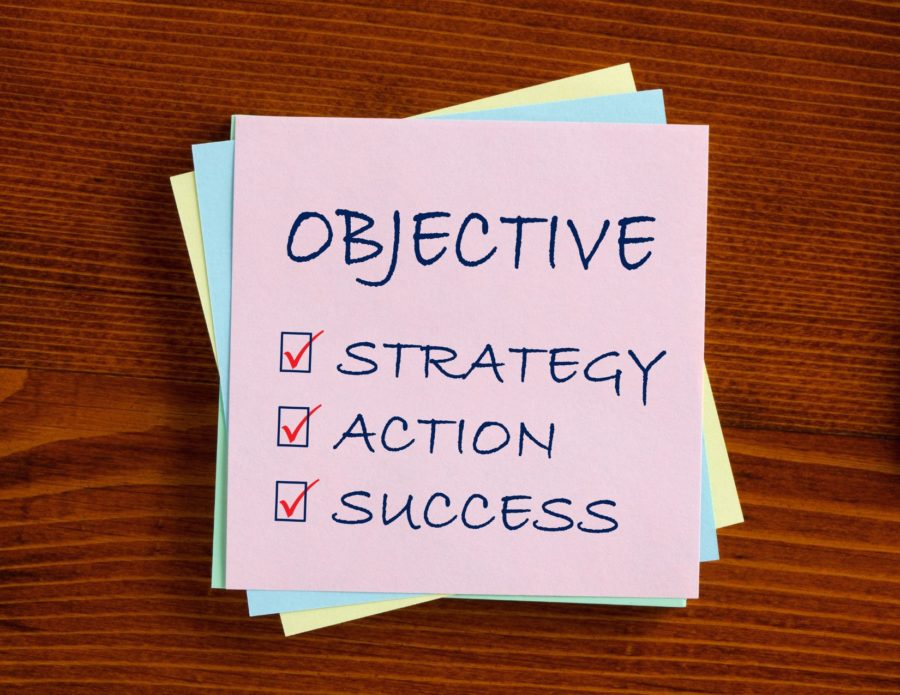Last weeks post, we looked at educator burnout and the effects it has on the educator and the field of education. For outsiders looking in, they see summer vacations, winter and spring breaks, and three-day weekends. What they don’t see are the long hours, the burdens placed on us, and how mentally and physically exhausting our jobs are, just to name a few! That’s why educator burnout is a serious issue. This week, let’s look at strategies to help you! As was stated last week, whether your district, school, admin, etc., recognizes the need to support you as a SpEd Teacher, Resource Teacher, Nurse, Speech Pathologist, Vision Teacher, etc., you must do it yourself! So, here are 10 strategies to help manage and prevent burnout…
- Self-Care: Prioritize self-care activities such as exercise, proper nutrition, sufficient sleep, and relaxation techniques like meditation or deep breathing exercises. Self-care is essential for the mind, body, and soul. Sometimes, it’s okay to put yourself first!
- Mental Health: Be aware of your emotions, stress levels, and what is going on in your head! When you are aware of and understand how you are feeling, how stress is affecting you, then you are better able to deal with what is going on and make changes before you get to a state of being burned out.
- Set Boundaries: Set clear boundaries at work and between work and your personal life. This might involve limiting work-related activities, or questioning whether you should take on a new responsibility or not. Certain activities are part of your job, think open house, and does encroach on your personal life… that is a given. But, you might need to rethink volunteering for an activity that is outside of your job scope if you find yourself doing too much. It’s okay to say no! Setting boundaries ensures you have time for hobbies and activities that you enjoy.
- Support Networks: Hopefully, you work in a supportive environment where educators can connect with colleagues, share experiences, and seek advice. Peer support can be invaluable in helping educators cope with stress and burnout. If you don’t, see if you can’t connect with colleagues to create one yourself. If not within, seek support groups without!
- Personal/Professional Development: Find opportunities to develop new skills, learn about stress management techniques, and stay updated on best practices in teaching. Feeling competent and confident in your abilities can help prevent burnout.
- Time Management: Learn about and utilize time management techniques to help prioritize tasks, set realistic goals, and manage your workload more effectively.
- Flexibility: Be flexible with scheduling and workload whenever possible. As much as you as an educator would like to have control over your schedules and accommodate everybody’s needs as much as possible, sometimes (or all of the time) it’s just not going to happen! Allow for the pivot and don’t let it stress you out.
- Recognize achievements: If you and your achievements are not acknowledged and celebrated, reinforce yourself! It’s okay to pat yourself on the back! Positive reinforcement will boost your morale and motivation, reducing the risk of burnout.
- Encourage Self-Reflection: Regularly reflect on your teaching practices and identify areas where you can improve. This can help you stay engaged and motivated in your work.
- Seek Out Other Support Services: If burnout has become too much for you to handle, look into counseling services or your employee assistance program where you can get help.
Working in the field of education is and always will be a very rewarding profession. But, the field of education is also a very demanding, stressful, often time-consuming profession as well. With it’s myriad of challenges, no wonder burnout is high! After all, it is a lot easier said, than done! But, by implementing some of these strategies, you can help yourself thrive and prevent burnout.



